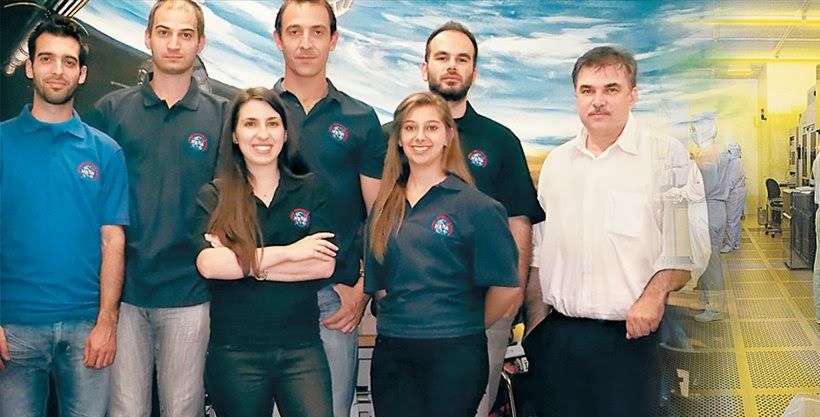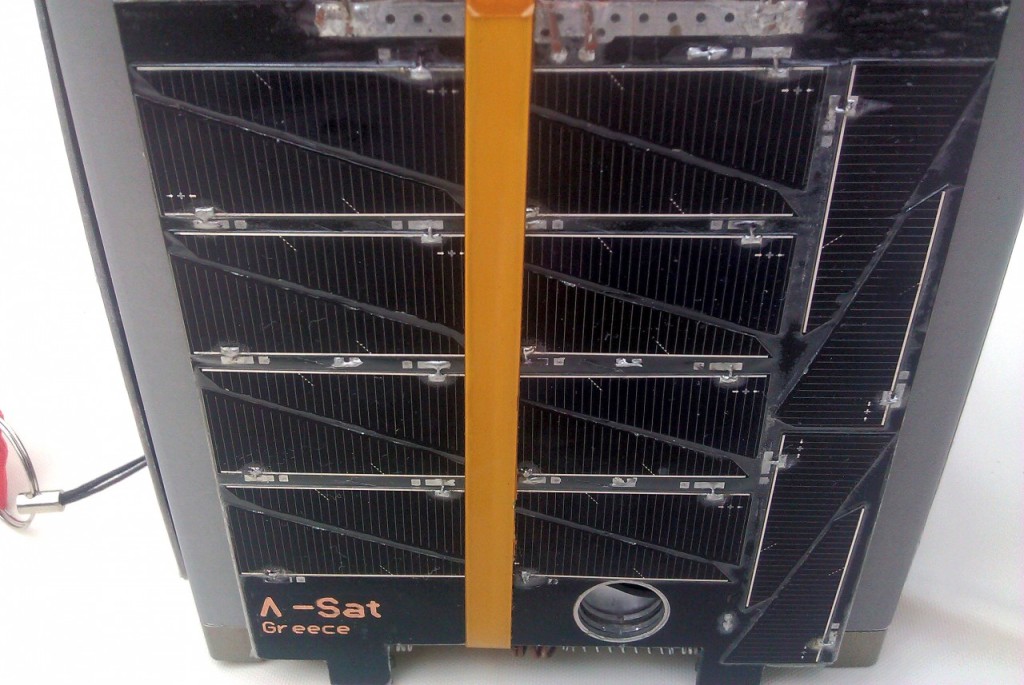A group of Greek scientists, headed by Perikles Papadopoulos, launched NASA’s Λ-sat satellite at 19:52 (GMT+3) on Sunday night. The Greek mini-satellite that weighs about 2 kilograms was launched from NASA’s Wallops Flight Facility in Virginia, U.S.A.
The goal of the satellite is to study the effect of cosmic radiation on Graphene – pure carbon in the form of a very thin, nearly transparent sheet – when it is in low earth orbit. The satellite will be in orbit around the earth for about a year and will also show the real-time movement of all Greek merchant ships thus helping to protect them from piracy.
The Greek satellite flies with the Antares rocket which is carrying scientific and supporting material to the International Space Station (ISS) where it will arrive on July 16. The cost of the venture is approximately $100,000US.
The team of Greek scientists involved in the venture are called the Lamda Team and are based in the Silicon Valley. They adopted the slogan “Greek Minds at Work” and aim to promote young Greek scientists abroad. Dr. Papadopoulos, professor of Aerospace Engineering at the San Jose University in Silicon Valley said that only Greek minds were involved in the project and there was a collaboration with the University of the Aegean and Professor Nikitas Nikitakos.
This project puts Greece on the world map of Aerospace technology thanks to the cutting-edge technology used to build the satellite and the electronic systems constructed from scratch.






































